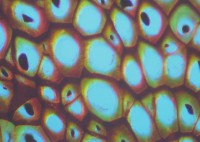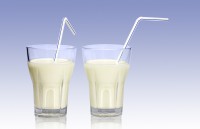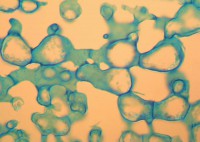
There are many treatments for cancer and one that is leading the way for patients is immunotherapy. At Issels®, holistic integrative immuno-oncology treatment programs is their specialty.
With alternative cancer treatments the main focus at Issels®, the on-going research of sea cucumbers as an additional treatment for several types of cancer is good news.
The sea cucumber is a marine animal with a soft, pliable body and shaped like a cucumber. They range in size from several inches to several feet. Over one thousand species call all of the ocean’s of the world home.
Although extract from the sea cucumber has been used as folk remedies in the Asian culture for centuries, according to the American Cancer Society, “there is little reliable scientific evidence to support claims that the sea cucumber is effective in treating cancer, arthritis, and other diseases.”
With that said, research and studies have been on-going for many years with results indicating the extract from sea cucumbers has a dual effect on cancer patients. Studies are showing that the extract serves as a stimulant to the immune system and kills cancer cells.
Research shows the extract is effective in eradicating cancer cells in the colon, breast, pancreatic, lung, liver, and prostate due to a frondoside A, a triterpenoid glycoside from the sea cucumber and formulated into a compound.
Information about frondoside A, its effects on cancer cells and the immune system, and its future as a potential therapeutic option, is available in an article from the from the National Center for Biotechnology Information.
For more information about integrative immuno-oncology, call or contact Issels® about admission and the treatment programs we have available.




